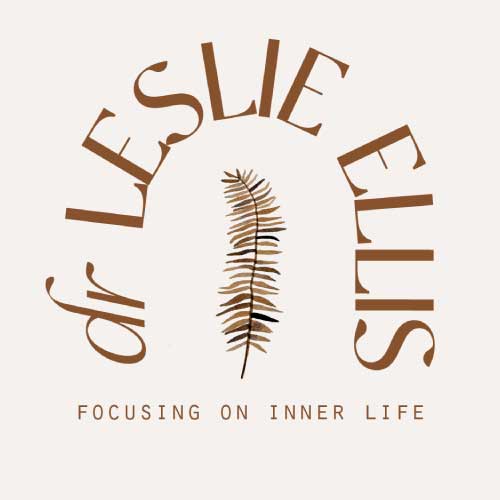Adding to the robust literature linking nightmares to suicide risk, a new study offers an important distinction for clinicians: of the 3 nightmare types identified by researchers, only trauma-related nightmares are linked to a greater risk of suicide (Youngren et al., 2024). Idiopathic and complex nightmares (comorbid with sleep and breathing problems) do not lead to higher suicide risk.
The study is important for a couple of reasons. First, it supports the theory of differing nightmare types and their resulting effects on mental health. Second, it provides guidance for clinicians who treat trauma, nightmares, and suicidality. The study also found that those who suffer from trauma-related or complex nightmares are more likely to seek treatment than those who experience idiopathic nightmares.
The study used a sample of 3,543 veterans who had previously attempted suicide. The main goal of the study was to examine the relationship of nightmare type to both suicide reattempt and treatment utilization. Multiple logistical regression analysis showed that when controlling for anxiety and depression, only trauma-related nightmares significantly predicted suicide re-attempts.
The authors speculated that the difference in nightmare content for trauma-related nightmares may account for their greater links with suicide. Trauma-related nightmares tend to be more direct replication of traumatic events, and are more easily recalled than other types of nightmares. Therefore, those who have frequent trauma nightmares are more likely to re-experience their traumatic memories. This can lead to life-threatening despair on its own. And it can also create higher levels of distress that interfere with sleep. Insufficient and poor-quality sleep have been clearly linked to suicide, with or without nightmares.
The authors advocate for nightmare treatment: “Regardless of the mechanism, our findings support treating nightmares to potentially reduce suicide risk.” They note that although prior studies how shown that both psychotherapy and medication failed to reliably help with PTSD-related nightmares (e.g. Peppard et al., 2013; Raskine et al., 2013), the outcome picture is altered when nightmare type is considered. According to a Youngren (2021), when nightmares are divided by type: “trauma-related nightmares appeared to decrease after nightmare-specific therapies such as ERRT, whereas complex nightmares did not.”
This is good news for clinicians. Nightmares directly related to trauma are most highly linked to suicide risk and also appear to be the most amenable to treatment. More good news – although previous studies suggest nightmares are vastly undertreated, the current study shows that those with trauma-related nightmares are more likely to seek treatment than those who suffer from idiopathic (less dangerous) nightmares.
Also noteworthy: the term ‘complex nightmares’ to denote nightmares associated with sleep-disordered breathing (SDB) is a new one. Such nightmares can also be trauma-related, but are associated with poorer dream recall. More research is needed to understand the distinctions between these complex states and their implications for treatment.
Overall this important study is yet another reason for clinicians to ask about nightmares, especially for those patients with suicidal ideation or previous attempts. Another step is to determine whether the dreams depict memories of specific traumatic events. If so, nightmare treatment is not only warranted, but according these recent finding, may reduce both the nightmares and the risk of suicide.
Don’t miss our 1-hour seminar on critical information for therapists about nightmares and suicide, including current research and how to help. We are currently offering a 30% discount! Click here to avail the promo!!
References
Youngren, W. A., Bishop, T., Carr, M., Mattera, E., & Pigeon, W. (2024). Nightmare types and suicide. Dreaming, 34(1), 1.
Youngren, W., Balderas, J., & Farrell-Higgins, J. (2021). How sleep disordered breathing impacts posttrauma nightmares and rescripting therapies. Dreaming, 31(1), 20–31. https://doi.org/10.1037/ drm0000161

